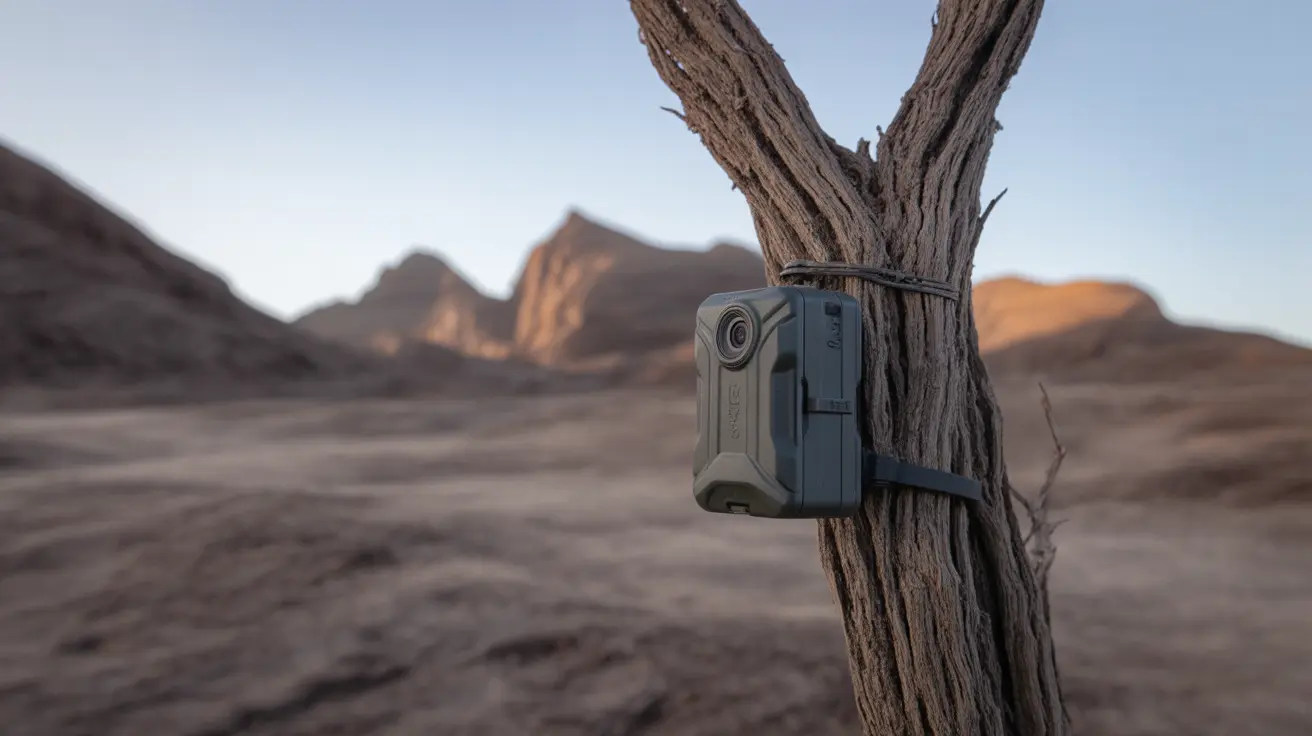Why Dogs Lean on People: Understanding Canine Behavior
Affection and Trust
When your dog leans against you, it's often their way of saying they love you. Most dogs crave physical closeness with their humans because they're naturally social creatures. This leaning is a sign that your dog feels safe and secure by your side. They trust you, and that simple act of resting their weight against you is a powerful expression of connection.
Many dogs use leaning as a way to bond more deeply with their owners. You'll notice this especially in relaxed settings—your dog might sidle up next to you on the couch or press gently against your leg while you're standing. This isn't just about being near; it's about feeling close in every sense.
Seeking Comfort and Reassurance
Leaning isn't always just about love—it can also be a dog's way of seeking comfort, especially in unfamiliar or stressful environments. If your dog feels anxious or insecure, they may press into you for reassurance. For example, at the vet's office or during thunderstorms, many dogs will lean harder than usual.
You might notice other signs of anxiety alongside leaning: trembling, tucked tails, or ears pinned back. In these moments, your presence becomes a safe haven for them.
Not About Dominance
There's an old myth that dogs lean to assert dominance over people. That's not accurate. Current understanding shows that dominance in dogs relates more to specific relationships and postures—not simple actions like leaning or sitting on feet. When dogs lean, their body language is usually relaxed and even vulnerable—totally inconsistent with dominant behavior.
A Learned Way to Get Attention
If you've ever responded to your dog's leaning by petting them or talking sweetly, you've probably reinforced this behavior (and who could blame you?). Dogs are quick learners; if they discover that leaning gets them what they want—your attention—they'll keep doing it. It's just another way for them to communicate their needs or desires.
Anxiety and Codependence
Some dogs rely heavily on physical contact when they're nervous. While it's natural for anxious pups to seek out their humans for security, trainers sometimes recommend helping these dogs build confidence and independence. If a dog always uses contact with their owner to regulate emotions, it can foster codependence and ongoing insecurity.
- Positive training strategies
- Gradual exposure to new situations
- Encouraging independent coping skills
These approaches help nervous dogs feel safer without needing constant reassurance from people.
When Leaning Becomes a Problem
Leaning is rarely an issue unless it bothers the owner. If you'd rather your dog not do it, try not to reinforce the behavior—don't give attention when they lean—and encourage other ways for them to interact with you instead.
If your dog has separation anxiety or insists on constant contact (following you everywhere), professional support can help address deeper issues beneath the surface.
Leaning as Support in Stressful Situations
Sometimes dogs lean as a request for support during stressful events—think vet visits or crowded places. In those cases, calm reassurance is appropriate and appreciated by your pup.
This behavior even shows up in therapy dogs: many have calm demeanors and frequently lean into people as part of providing comfort. The best therapy dogs are friendly, confident, gentle—and comfortable getting close enough to lean on those who need support most.
The Takeaway: What Leaning Means for Your Relationship
If your dog leans against you regularly, take it as a compliment—it usually means they're happy, trusting, and bonded with you. Pay attention to context: if leaning comes with other signs of stress or fear, consider what might be making your dog uneasy.
- Affection: A sign of love and trust
- Anxiety: Seeking comfort during stress
- Learnt behavior: A way to get attention from you
- No dominance: Not about asserting control over people
- A cue: Sometimes an invitation for support in tough moments
Your dog's leaning is usually a positive signal—a reminder that you're their favorite person in the world. Just watch their overall body language and the situation so you can respond appropriately if fear or insecurity is involved.





